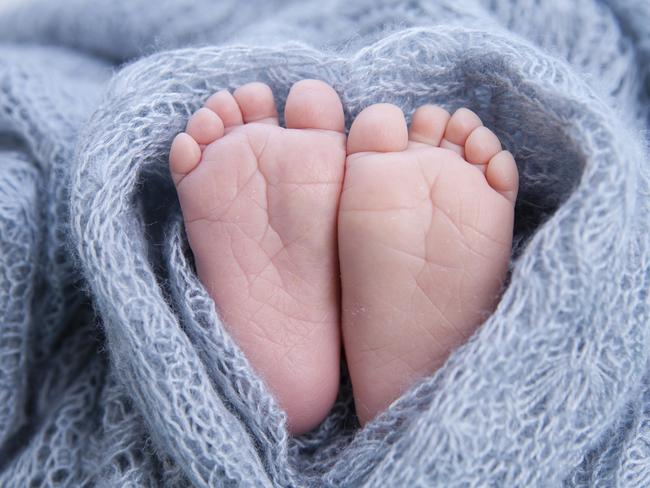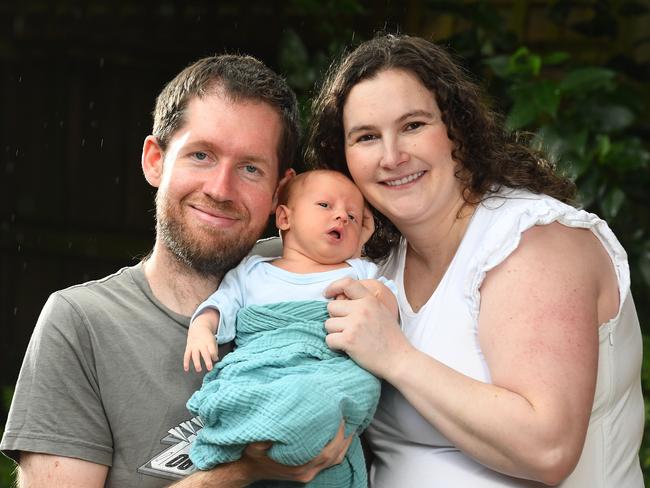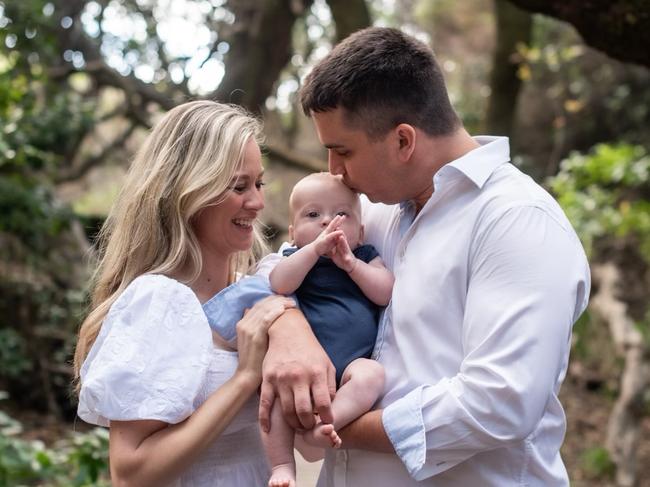Revealed: Australia’s best and worst IVF clinics
New data has revealed Australia’s best and worst performing IVF clinics. Search and compare list of clinics.
Health
Don't miss out on the headlines from Health. Followed categories will be added to My News.
Exclusive: Women undergoing fertility treatment are almost four times more likely to have a baby at the highest performing clinic in the country, compared to the poorest performing clinic.
And when it comes to older women – those aged 35 to 42 – they are more than three times as likely to have a baby at the top performing clinic than the lowest, according to the latest figures from the Federal Government’s Your IVF Success website.

In the under 35s, Genea Liverpool in Sydney’s south west had the best birth rates in the country, with 65.8 per cent of embryo implant procedures producing a baby, while Monash IVF Mildura in Victoria had the poorest results in that age group, with a success rate of 16.7 per cent. However, there were only 27 egg retrievals in that sample.
The national average is 48 per cent.
Read more: See the best and worst IVF clinics in 2024 in Australia here.
The smaller the sample, the more likely it is that just a few negative or positive results can skew the figures.
For women aged 35 to 42, Queensland Fertility Group Mackay, Queensland, had the best results in the country, with 41.5 per cent of those who had embryos implanted having a baby, compared with IVF Australia – Wollongong, NSW, where 11 per cent achieved a live birth. The national average is 26 per cent.
Our analysis found Genea clinics dominated the top performers, with Dr Myvanwy McIlveen, from the Genea Medical Advisory Committee, attributing it to science.
“The results show that IVF clinics that have invested in the quality of service and scientific innovation, consistently provide better outcomes,” Dr McIlveen said.
Independent University of NSW experts behind the data, looked at five performance measures.
From their results we produced two league tables of IVF success rates.
The first table shows Measure 1, the number of live births that resulted from the eggs (fresh or frozen) collected from women in 2020 that were fertilised and implanted as embryos in 2020 and 2021.
A second table shows Measure 5, a new measure introduced this year which looked at the number of pregnancies per treatment, using data from 2022.
Chief Scientific Officer at Monash IVF Prof Deirdre Zander-Fox said Measure 5 confirmed an embryo had been implanted and there was a sac, but did not confirm there was a foetal heartbeat.
“This measure gives results from 2022, while the other measures are from 2020 or 2021,” Prof Zander-Fox said. “Technology is moving so fast, so this measure is more relevant for couples.”

New mum Marilyn Sendeckyj was 34 when she and her partner Jesse Higginson were diagnosed with unexplained fertility and chose Monash IVF Clayton in Melbourne based on their doctor’s recommendation and the results on YourIVFsuccess website.
“IVF is so taxing mentally and physically and when you’re investing that much, every percentage point counts,” Ms Sendeckyj, now 35, said.
The software consultant said she got pregnant on the first egg transfer, producing Reynold, born a month ago, and they had three frozen embryos if they wanted to try for a second.

Meanwhile, Gita Smith, 35, and her husband Thomas, 38, from Maroubra, Sydney, chose Monash IVF Bondi based on different reasons; because it was close to home and the “warm feel” they got from the staff.
She said gynaecologist Dr Jenny Cook was like her “guardian angel” who encouraged her to try a third round of IVF with their last frozen embryo, just weeks after she underwent a second endometriosis operation.
“I was mentally and physically exhausted, but she said the time was now if I wanted the best chance of success and she was right,” Ms Smith said.
“James wouldn’t be here without her encouragement.”
More Coverage
Originally published as Revealed: Australia’s best and worst IVF clinics





